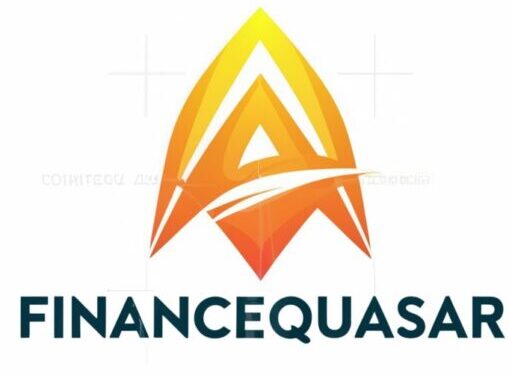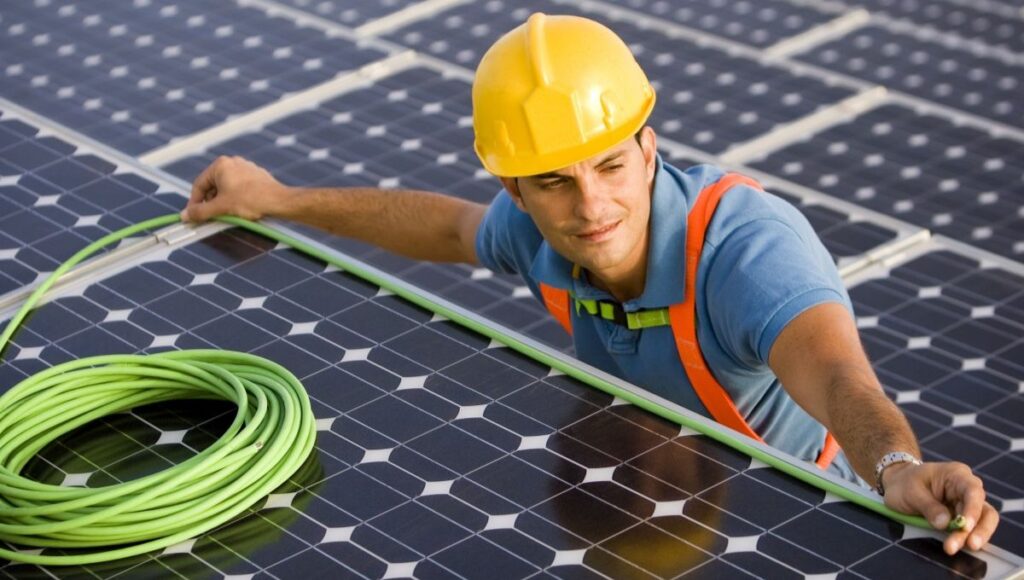Overview Of B2b Solar Financing
Businesses are increasingly turning to solar energy as a sustainable and cost-effective solution to meet their energy needs. In 2024, the global market for B2B (business-to-business) solar financing is expected to reach new heights, driven by rising energy costs, environmental concerns, and the availability of attractive financing options. As companies strive to reduce their carbon footprint and achieve their sustainability goals, investing in solar technology has become a strategic priority.
B2B solar financing refers to the various financing models that enable businesses to acquire and install solar energy systems without the upfront capital investment. This approach allows companies to benefit from the long-term savings and environmental advantages of solar power while minimizing the initial financial burden. By leveraging financing options, businesses can allocate their capital resources more effectively and align their energy investments with their operational and financial objectives.
You Might Also Like
- What is Post-Secondary Education?
- Empower Small Businesses: 7 Power-Packed SaaS Solutions for Streamlining Operations
- Revolutionizing Digital Banking: The 5 Innovative Steps in Online Banking Services
Evaluating Solar Installer Credentials
Choosing the right solar installer is a critical decision that can significantly impact the success of a B2B solar project. In 2024, businesses are advised to prioritize installers with strong credentials, industry recognition, and a proven track record in large-scale solar implementations.
One of the key criteria to consider is the installer’s certifications. Reputable certifications, such as those issued by the North American Board of Certified Energy Practitioners (NABCEP) or the Interstate Renewable Energy Council (IREC), demonstrate the installer’s expertise and commitment to industry standards.
Additionally, installers with membership in professional organizations like the Solar Energy Industries Association (SEIA) or the American Solar Energy Society (ASES) are often at the forefront of industry best practices and technological advancements.
Understanding Different Financing Options
B2B solar financing is not a one-size-fits-all solution. Companies can choose from various financing models, each with its own advantages and implications for cash flow and balance sheets.
The Role Of Custom Solar Solutions In B2b
Customization is a crucial aspect of B2B solar solutions, as it ensures that the solar installation is optimized for the specific energy needs and physical constraints of the business premises.
A proficient solar installer will conduct a detailed analysis of the company’s energy consumption patterns, site characteristics, and financial objectives to design a tailored solar system that maximizes return on investment (ROI) and energy production.
Assessing Technical Expertise
The effectiveness of a solar installation is heavily dependent on the technical expertise of the installer. In 2024, businesses should seek installers who are well-versed in the latest solar technologies, such as bifacial solar panels, solar trackers, and energy storage solutions.
A strong understanding of these advancements can ensure optimal energy output, efficient installations, and minimal maintenance requirements over the system’s lifetime.
Importance Of Customer Support
In the B2B solar market, reliable customer support is a critical factor that distinguishes top-tier installers from their competitors. A committed installer will provide robust post-installation support, addressing any issues promptly and ensuring smooth operation and maintenance of the solar systems. Long-term service agreements and responsive customer service are indicators of an installer’s dedication to their clients’ ongoing satisfaction.
The Role Of Custom Solar Solutions In B2b
Customization is a crucial aspect of B2B solar solutions, as it ensures that the solar installation is optimized for the specific energy needs and physical constraints of the business premises.
A proficient solar installer will conduct a detailed analysis of the company’s energy consumption patterns, site characteristics, and financial objectives to design a tailored solar system that maximizes return on investment (ROI) and energy production.
Read This Blog
Assessing Technical Expertise
The effectiveness of a solar installation is heavily dependent on the technical expertise of the installer. In 2024, businesses should seek installers who are well-versed in the latest solar technologies, such as bifacial solar panels, solar trackers, and energy storage solutions.
A strong understanding of these advancements can ensure optimal energy output, efficient installations, and minimal maintenance requirements over the system’s lifetime.
Importance Of Customer Support
In the B2B solar market, reliable customer support is a critical factor that distinguishes top-tier installers from their competitors. A committed installer will provide robust post-installation support, addressing any issues promptly and ensuring smooth operation and maintenance of the solar systems.
Long-term service agreements and responsive customer service are indicators of an installer’s dedication to their clients’ ongoing satisfaction.
Solar Technology And Equipment Quality
The quality of solar technology and equipment used in a solar installation can greatly influence its overall performance and longevity. In 2024, businesses should prioritize installers who use high-quality solar panels, inverters, and other components from reputable manufacturers. These products are typically more durable, efficient, and come with robust warranties, ensuring long-term reliability and maximizing the return on investment.
Site Evaluation And Project Planning

A thorough site evaluation is a crucial step in the planning process for a successful solar project. An experienced installer will assess factors such as the site’s geographic location, climate conditions, and the architectural design of the buildings to determine the optimal placement and configuration of the solar panels. This evaluation ensures that the solar system is designed to capture maximum sunlight exposure and minimize potential shading or obstructions.
Detailed project planning is equally important, involving timeline estimation, cost analysis, and coordination with the business’s operational schedules.
By carefully considering these factors, the installer can develop a comprehensive project plan that minimizes disruptions and aligns the solar installation with the company’s financial objectives and operational requirements.
Navigating Government Incentives And Rebates
In 2024, a wide range of government incentives and rebates are available to encourage businesses to adopt solar energy. These incentives can significantly impact the financial viability of a solar project by reducing the overall cost of installation and improving the return on investment.
An experienced solar installer will be well-versed in the latest federal, state, and local incentive programs, such as tax credits, rebates, and grants. They can guide businesses through the application processes and help integrate these benefits into the project’s financing structure, maximizing the financial advantages of going solar.
Risk Management In Solar Installations
Investing in a solar energy system involves various risks that need to be carefully managed. An experienced solar installer will be adept at identifying and mitigating potential risks associated with solar installations, ensuring the longevity and effectiveness of the system.
Environmental risks, such as extreme weather conditions or natural disasters, can pose threats to the solar installation. A skilled installer will assess these risks and propose solutions like reinforced mounting systems or strategic panel placement to minimize potential damage.
System reliability is another critical consideration. High-quality components, proper installation techniques, and regular maintenance can mitigate the risk of system failures or reduced energy output over time.
Financial risks, such as fluctuations in energy prices or changes in government incentive programs, should also be factored into the risk management strategy. An experienced installer can provide insights into hedging techniques and financing models that can help mitigate these risks and protect the business’s investment.
Conclusion
Choosing the right solar installer is a crucial decision that can significantly impact the success of a B2B solar project.
By carefully evaluating the installer’s credentials, understanding the available financing options, assessing their technical expertise, and considering the quality of their proposed solutions, businesses can ensure a successful solar installation that meets their energy needs while aligning with their financial and sustainability goals.
By leveraging the insights and guidelines provided in this article, businesses can make informed decisions that lead to successful solar installations, long-term cost savings, and a significant contribution to their corporate sustainability efforts.
Meet James John, the luminary mind behind FinanceQuasar. With a passion for demystifying finance, James is a seasoned expert dedicated to simplifying complex concepts. His insightful articles illuminate the financial cosmos, guiding readers towards prosperity. Join James on this enlightening journey, as he shares his wealth of knowledge and expertise.







